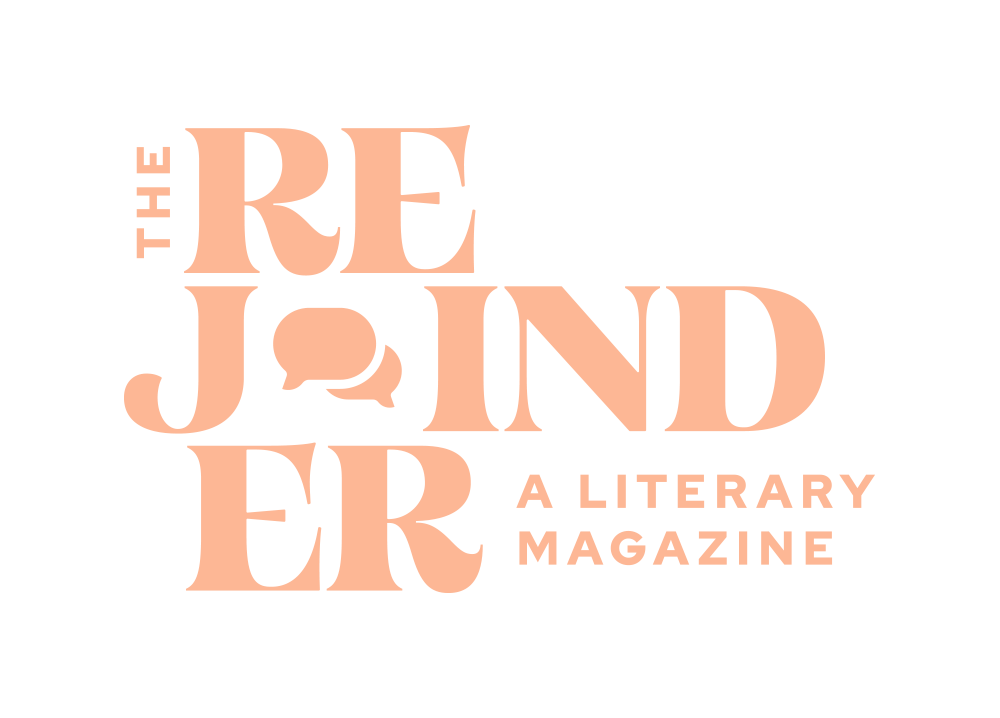5 Questions with Christopher R. Alonso
Today, we published the final installment of Christopher R. Alonso’s story, “Cetus and Chimera.” Michael Colbert spoke with him about the story, coral grafting, and speculative fiction.
The Rejoinder: What drew you to the idea of coral grafts?
Christopher R. Alonso: This story started out very differently. There was no coral. It wasn't until a year later where I read (and wrote down) a quote by Lauren Groff, "Landscape has a great effect on personality and Florida is a landscape of great extremes...of beautiful extremes." I wish I could recall how exactly I came upon coral grafts. All I remember when revising the story was that it needed to be weirder, stranger, and maybe a little more grotesque. What I do remember was that when I happened upon information about coral grafting, it felt like that extreme Groff mentioned. While I wanted to keep some elements rooted in scientific evidence, I also wanted room to play with this discovery--to "make it weird."
TR: The ideas of grafting and fusion are central to the story, and they chart the pull Matthew feels between Hector and David. Why is he drawn to grafting, and where does it leave him by the story’s end?
CA: While the idea of grafting is the literal reason Matthew finds himself in the situation, I think the motif evolved with each subsequent draft. In my imagination, I'd argue that any relationship between two people is something like a graft--taking two similar things and joining them together, and maybe, something beautiful will grow from it. In Matthew's case, his focus centers around Hector and the coral grafted to his broken bones. I wanted to explore the idea of the push and pull between relationships and how Matthew attempts to fix something in his life while another aspect crumbles despite him trying to keep it together.
TR: You work in speculative traditions. What are you interested in examining through speculative modes? What possibilities do they hold?
CA: I do think, like other writers, I use speculative elements to examine our reality. Growing up, I gravitated toward fantastical stories, and while my preferences as a reader have changed, I'm still drawn to thinking through speculative elements and how those can provide an alternative angle to consider the world. Given the bleak political landscape in Florida spurned by a violent governor, it's important to me to have some kind of hope. While I think it's important to not shy away from the present reality, it's equally important to imagine versions of a world that could be. Ultimately, it was a conversation with a very smart writer (should I mention him?), who encouraged me to follow joy rather than the bleak ending I'd originally written in this story. Actively pursuing that, I believe, is one of those possibilities.
TR: What’s exciting to you in fiction right now? What are you reading?
CA: I think it's difficult for me to answer this without being a bit abstract, but I want to be surprised. I want a story to take me on a narrative I didn't expect. A few favorite recent releases are Brother & Sister Enter the Forest by Richard Mirabella, Sea Change by Gina Chung, and The People Who Report More Stress by Alejandro Varela. especially the story in that collection "Carlitos In Charge." I'm most excited about the wellspring of queer fiction out in the world. I just started Brother Alive by Zain Khalid and am making my way through Letters to a Writer of Color, edited by Deepa Anappara and Taymour Soomro.
TR: What else are you working on these days?
CA: Most of my attention is going to continued revisions on a novel about Miami I've been writing since 2018. After some generous feedback from peers, it does need a bit more work. I've been chipping away at another novel. I also have a number of short stories in various states of completion. I find all writing difficult, short form especially, but I also find it the most exciting and challenging.

